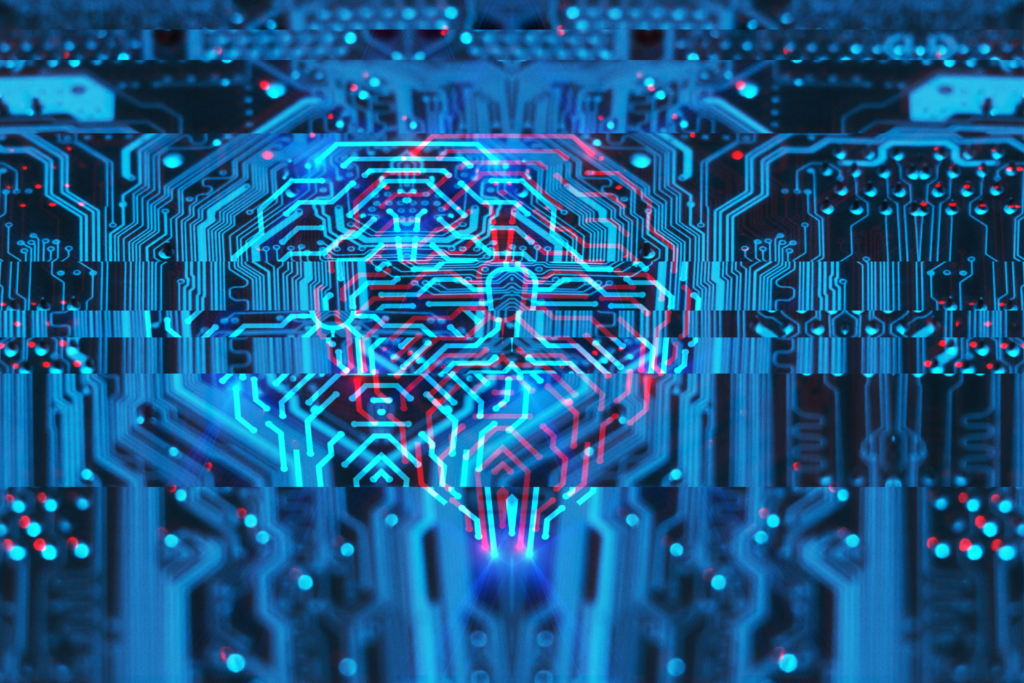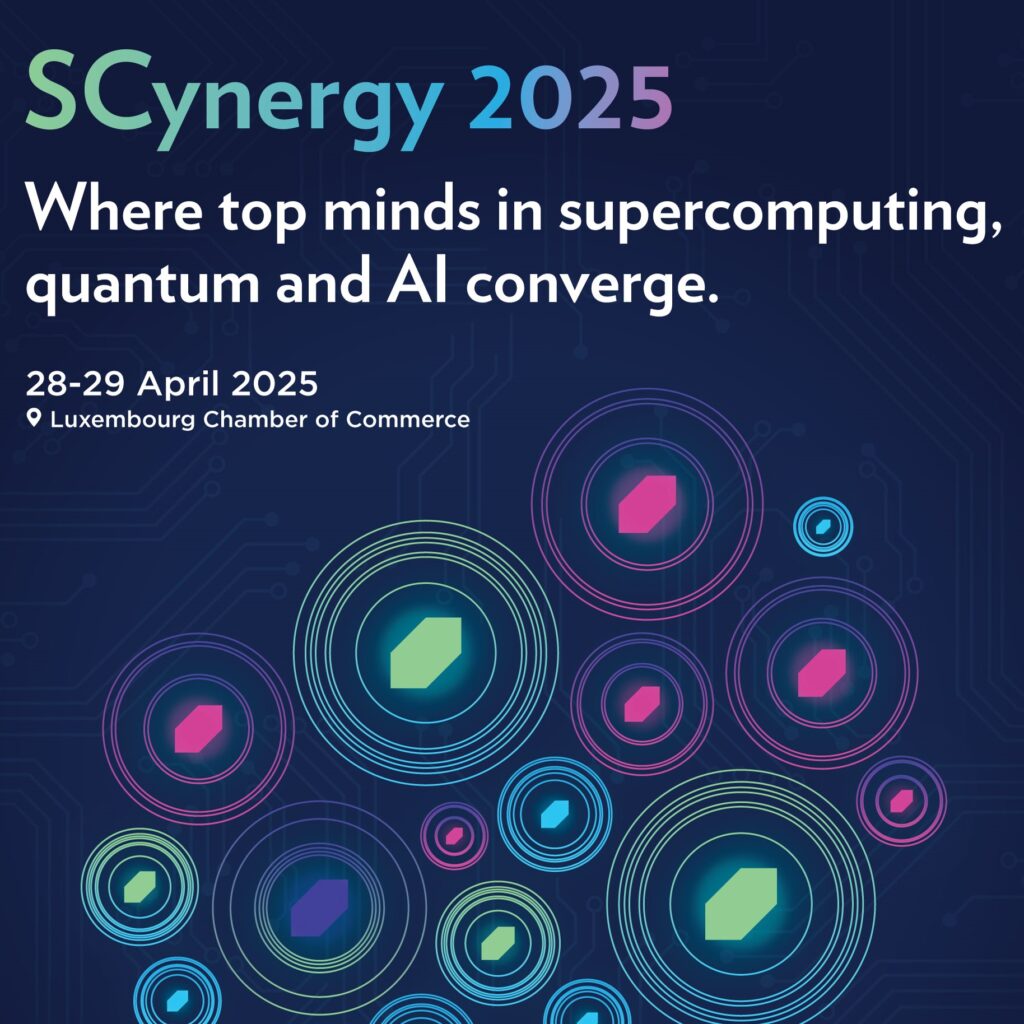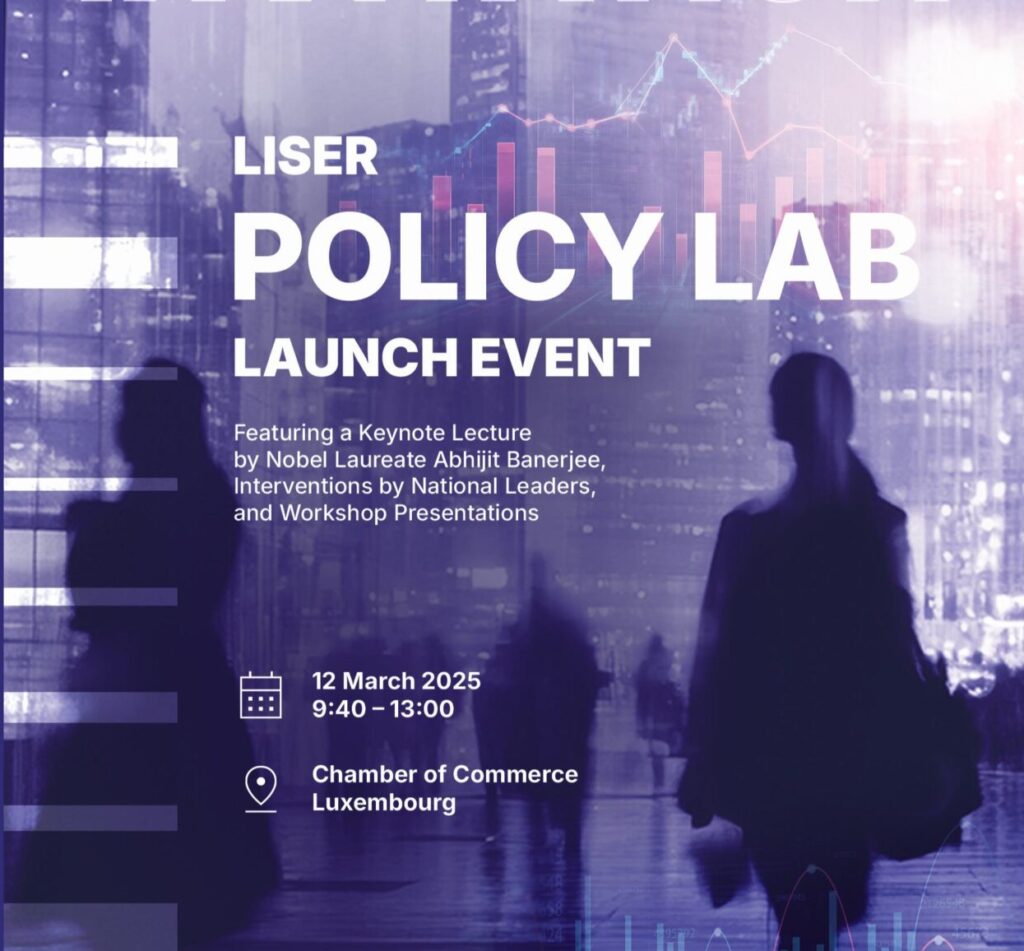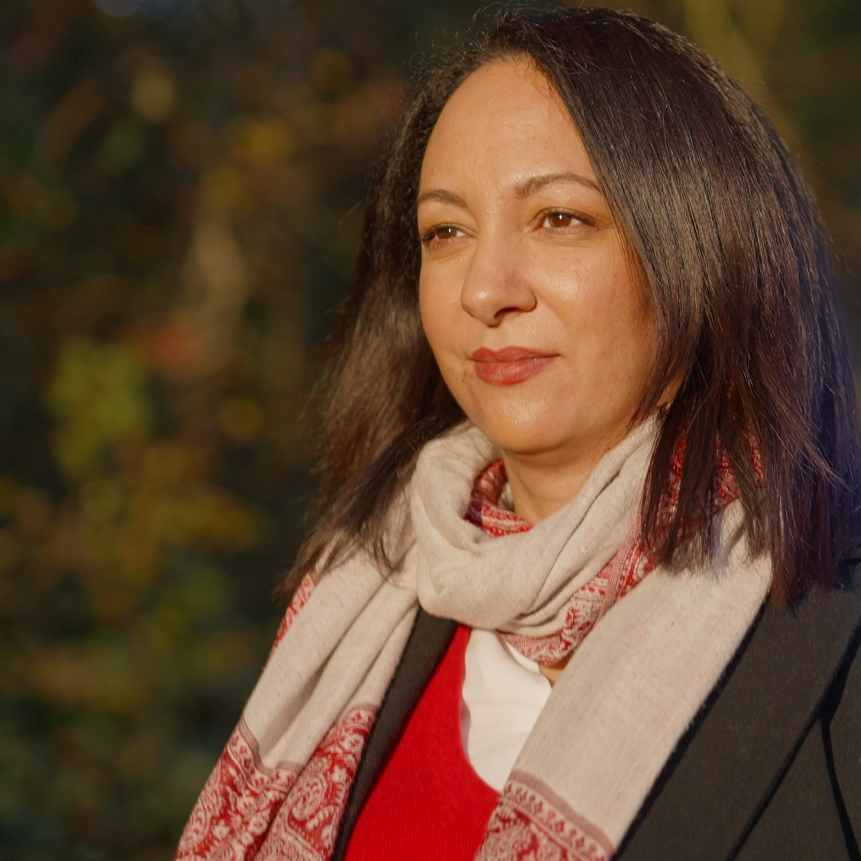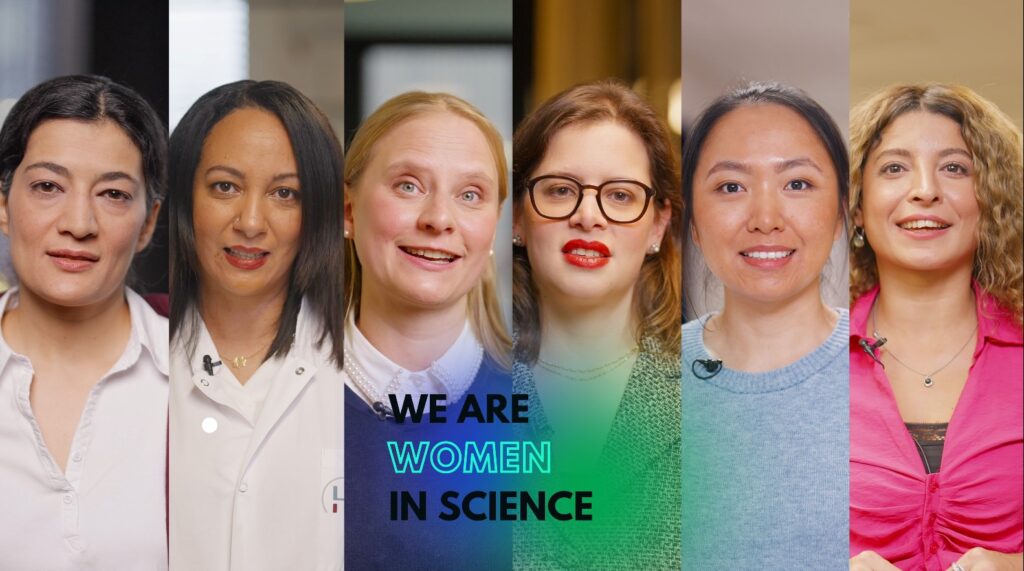Energy recovery: a next-generation thermal energy collector
18 October 2022
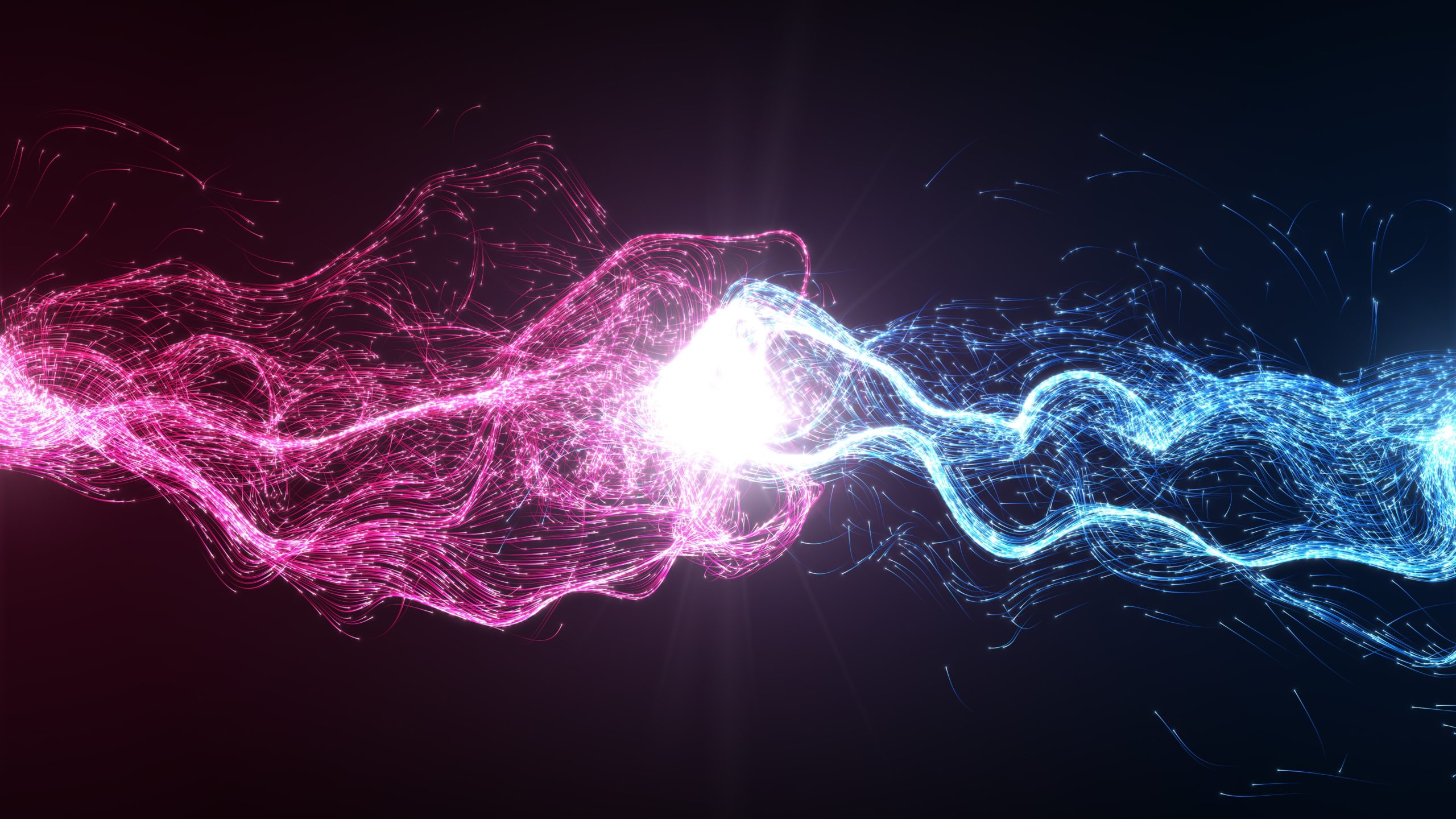
Pyroelectricity
In a publication published in Nature journal, 9 researchers from the Luxembourg Institute of Science and Technology (LIST) look at energy recovery and, in particular, the production of electricity from waste heat with a next-generation thermal energy collector.
Finding sustainable sources of electricity is one of the great challenges of this century. In a publication entitled “Large harvested energy with non-linear pyroelectric modules“, dated 12 September 2022, 9 Luxembourg Institute of Science and Technology (LIST) researchers look at energy recovery and, in particular, the production of electricity from waste heat.
“The idea is to vary the temperature of the material to recover electricity,” explains Emmanuel Defay, head of the LIST’s Nanotechnologies unit. Pyroelectricity is the property of a material in which a change in temperature leads to a variation in electrical polarisation. This change in polarisation can generate an electric current, which makes these materials useful, for example, for electricity generation.
The idea of using pyroelectric materials originated in the 1980s and we have brought it up to date: we have access to better materials and understand some of the mechanisms that have allowed us to create a convincing demonstrator. Our thermal energy collector recovers 10 joules for 40 grams of material. That’s 1,000 times more than we’re used to seeing in the energy recovery field.
Emmanuel Defay
Of the 11 signatories to the publication, 9 are LIST researchers and 2 are Japanese industrial partners with whom LIST is conducting a research project.
Great potential industrial applications
Among the possible applications, we can imagine manufacturing solar panels with this principle, or applying it for example in a computing centre, in heavy industry, or in the space domain. The aim now is to go further in developing a credible application by contacting companies.
Emmanuel Defay
Research and Industry: a close collaboration in Luxembourg
Collaboration with industry is central to Research Luxembourg to articulate its vision. Through strong partnerships, research players seek to support existing and future industries.
With a priority given to active support of research to the industrial and service transformation, the country has the ambition to become a knowledge-driven data economy, actively seeking to diversify its economic activities by taking up the latest technological developments and providing high value added.
This article was originally published on LIST’s website.

